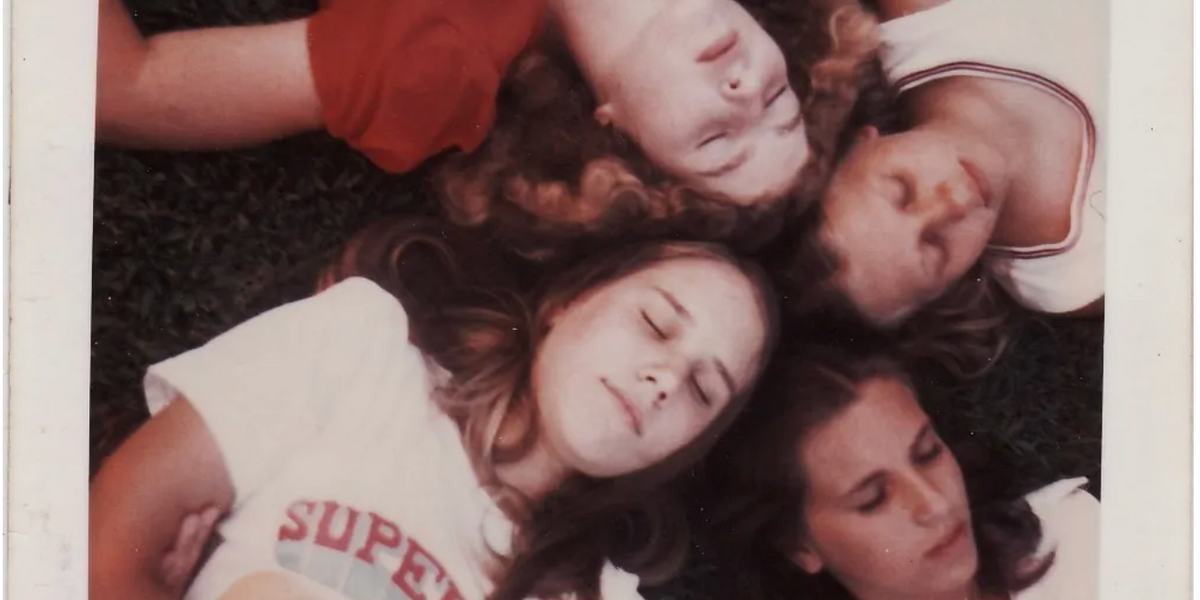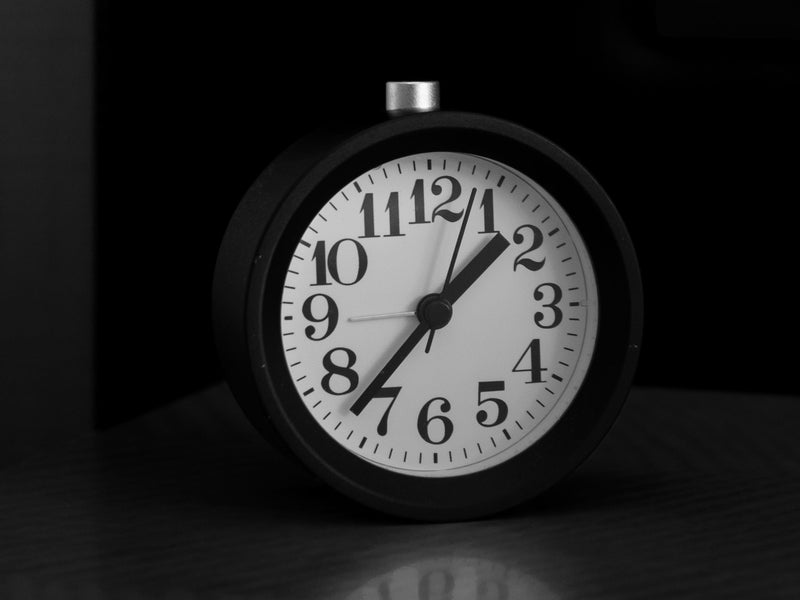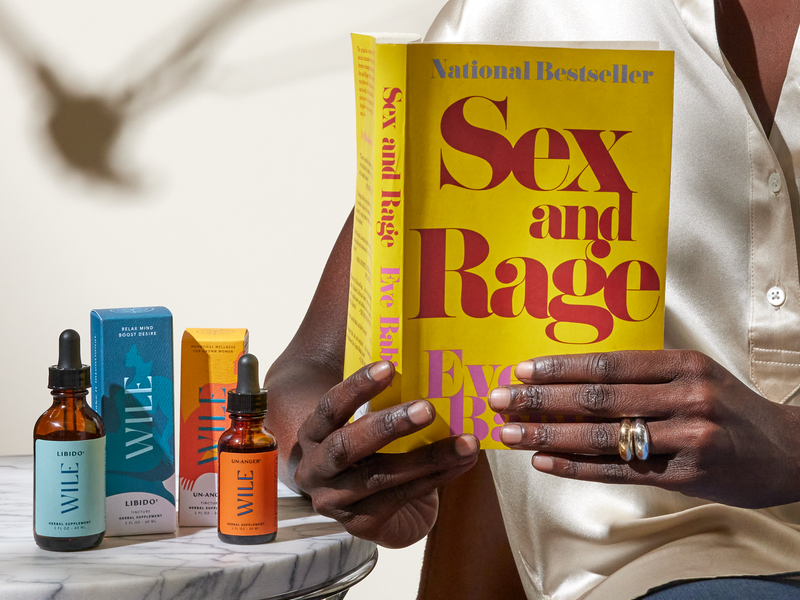Every summer, the “I survived 1970/80s childhood” posts make the social rounds. Those humblebrags/trauma processing posts are true, but here's what is forgotten: Our wild child selves learned some skills that can help our women’s stress relief today.
Forget Jart scars, baby oil tans and garden hose hydration. Here are a few things we can all bring back from our Wet Hot American Summers to find more joy and well-being in our Aperol Spritz eras.
1. Go outside for mental health and stress relief
Remember when time was measured in tan lines? May monotone to August high-contrast, our outdoor hours were often clocked in melanin. While sun damage is bad (note: call dermatologist for skin check), researchers now know that time outside reduces depression, anxiety and even PTSD. It also boosts mood, sleep and happiness.
Luckily, you don’t have to wander from 8 am to dinnertime. One study showed a 20-minute walk reduces cortisol levels by 10 percent.
2. Unstructured time for self-regulation
If most men lead lives of quiet desperation, women squeeze the same into relentless to-do lists. But as kids in the pre-scheduled era, organized summer sports weren’t often an option for girls. Many of us awoke with a note on the fridge and a day to fill.
We now know “doing nothing” and free time is key to problem solving and creativity. It’s also a powerful reset for the nervous system and self-regulation.
Hint: Wander, don’t distract. Walk away from your phone. For motivation, pretend your dad’s picking up an extension and barking that he needs the line.
3. Make loose bonds and random community for well-being
Remember hanging with neighbor kids? All we really had in common was an alley and a street. But during grade school summers, basic proximity meant impromptu games, corner store candy runs or bike races. It also meant learning to connect and get along with people.
As America becomes more isolated and divided, social scientists remind us that loose connections like these are good for us. They boost overall happiness, ward off depression and anxiety, improve public safety and boost volunteerism and political action (the productive sort, not social media rants). As analog natives, we have the social skills to make nice.
4. Deal with it vs soul-crushing perfectionism
No ride to the pool? No good TV? Mom won’t let you in til 4? We learned resilience and flexibility from having to deal with it, wing it or extricate yourself from a situation or two (haven’t we all blocked out an experimental microwave cooking disaster?
Yet as adults, we often want control. Perfectionism is a long con, linked to anxiety and often conditioned into women. With the TMI of modern life, we also increasingly “optimize” by overthinking, over-evaluating and not simply acting. This too, is also linked to anxiety, higher stress and cortisol levels and reduced contentment. We think we’re trying to live our best life but we’re actually thinking about it more than living it.
(Need support for perfectionism recovery? Check out Wile Un-Worry and Burnout Relief to help you start to unwind your mind as you unwind your control behaviors!)
5. Go dark for better sleep
The “It’s 10 pm, do you know where your children are?” PSA is evidence that yes, Grandma and Grandpa often had to be reminded they had kids.
But hey, firefly hunting and night tag were fun. And our circadian rhythms love living by natural ligth. And taking time away from blue light and artificial glare is profoundly good—yet rare—for our bodies.
Screens especially disrupt our circadian rhythms and destabilize our sleep, concentration and stress resilience.
Try walking the dog after dark, shutting off screens around 9 pm or making a ritual of watching summer sunsets.
The joys of a free-range summer are many. Give yourself at least 1 free-er day per weekend and see if your joy factor doesn’t return. Just please wear SPF higher than 2 this time around.
Final pro tip: Many women feel more at ease, less mood and with a more positive energy and sleep pattern after just 2 weeks of taking Wile Perimenopause Support. Because feeling less than calm and easy is an early and frequent perimenopausal symptom! See if it helps you bring those summer summer summertime vibes back. Even in December.
This article is intended for informational purposes and is not intended to replace a one-on-one medical consultation with a professional. Wile, Inc researches and shares information and advice from our own research and advisors. We encourage every woman to research, ask questions and speak to a trusted health care professional to make her own best decisions.




